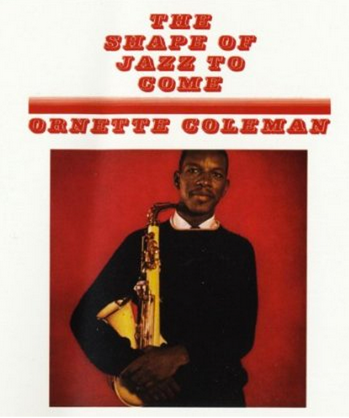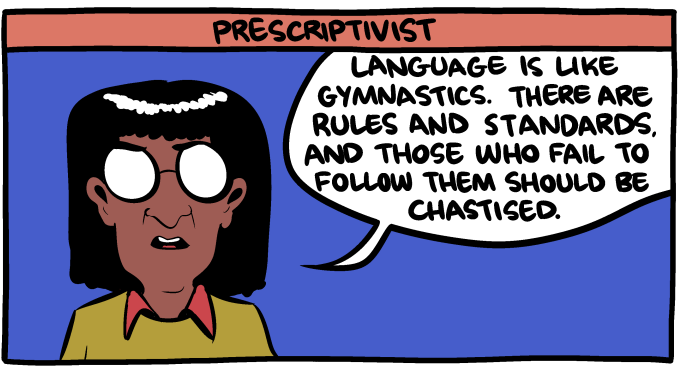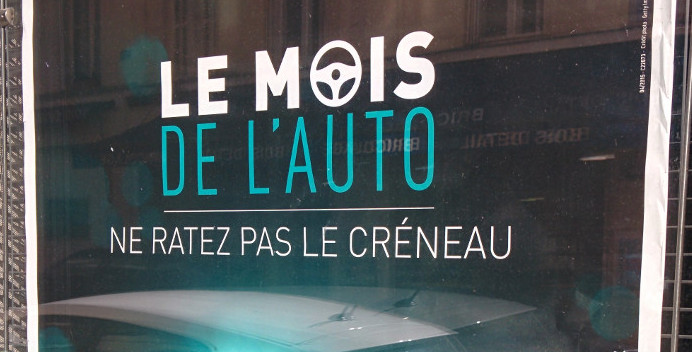Following up on the grammar published in 1780 by C.F. Lhomond, I took a look at the La Grammarie Genérale et Raisonée de Port-Royal, Par Arnauld et Lancelot. But the edition that Gallica steered me to turned out to be preceded by an "Essai sur l'origine et les progrès de la Langue françoise", by Claude Bernard Petitot (1772-1825).
This introductory essay is 246 pages long, so it took me a while to page through it to find the actual Port-Royal grammar. And as it scrolled by, it revealed itself as a curious screed, with essentially no connection with the grammar that it introduces. In the guise of a history of French literature, M. Petitot argues that French language, literature and culture became sadly degenerate in the 18th century. And apparently it was all the fault of the barbaric English, aided by those villains Voltaire and Rousseau.
[Warning: I found this interesting, as a reflection of one influential intellectual bureaucrat's thinking in the France of 1803 — the year of the Louisiana Purchase, the Haitian Revolution, and the start of the Napoleonic Wars. It's surprising that in 1803, just 14 years after the French revolution, the man in charge of public education in the Paris area is pining in print for the perfect politeness of Louis XIV's court, and railing against the "empty theories" of 18th-century political philosophy. Petitot's opinions about socio-culture degeneration strike me as analogous, mutatis mutandis, to those of some figures on the current American political scene. But you may well disagree, certainly about the interest and perhaps also about the analogy.]
Read the rest of this entry »
 Ornette Coleman died this morning at the age of 85.
Ornette Coleman died this morning at the age of 85.


